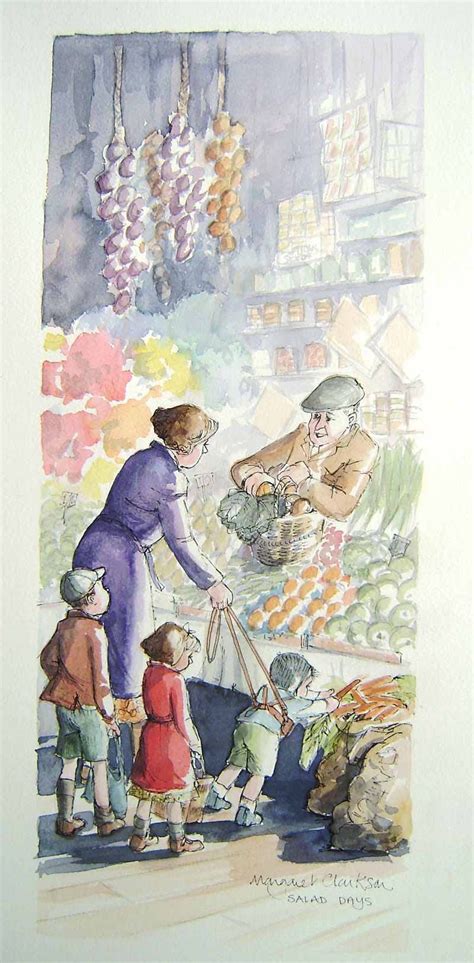A Quote by Richard Steele
It is a very melancholy reflection that men are usually so weak that it is absolutely necessary for them to know sorrow and pain to be in their right senses.
Quote Topics
Related Quotes
Stephen had just come from a class discussion in which several students believed that the right cup of herbal tea would save them from pain and sorrow. Well acquainted with pain and sorrow, Stephen did not contribute to the discussion. He merely crossed these idiots off his list of possible friends.
Pain is pain and sorrow is sorrow. It hurts. It limits. It impoverishes. It isolates. It restrains. It works devastation deep within the personality. It circumscribes in a thousand different ways. There is nothing good about it. But the gifts God can give with it are the richest the human spirit can know.
Behind joy and laughter there may be a temperament, coarse, hard and callous. But behind sorrow there is always sorrow. Pain, unlike pleasure, wears no mask. ... For this reason there is no truth comparable to sorrow. There are times when sorrow seems to me to be the only truth. Other things may be illusions of the eye or the appetite, made to blind the one and cloy the other, but out of sorrow have the worlds been built, and at the birth of a child or a star there is pain.
Sorrow, terror, anguish, despair itself are often the chosen expressions of an approximation to the highest good. Our sympathy in tragic fiction depends on this principle; tragedy delights by affording a shadow of the pleasure which exists in pain. This is the source also of the melancholy which is inseparable from the sweetest melody. The pleasure that is in sorrow is sweeter than the pleasure of pleasure itself.
All men naturally desire knowledge. An indication of this is our esteem for the senses; for apart from their use we esteem them for their own sake, and most of all the sense of sight. Not only with a view to action, but even when no action is contemplated, we prefer sight, generally speaking, to all the other senses. The reason of this is that of all the senses sight best helps us to know things, and reveals many distinctions.
The Palestinians have no other land. They are absolutely right about this. The Israeli Jews also have no other land and they are absolutely right about this. It is a tragedy of two peoples claiming the same very small country - very small, about the size of New Jersey. And both of them are right. Both of them have no other homeland as peoples. As individuals, maybe, but not as a people.
A single assembly will never be a steady guardian of the laws, if Machiavel is right, when he says, Men are never good but through necessity: on the contrary, when good and evil are left to their choice, they will not fail to throw every thing into disorder and confusion. Hunger and poverty may make men industrious, but laws only can make them good; for, if men were so of themselves, there would be no occasion for laws; but, as the case is far otherwise, they are absolutely necessary.




































